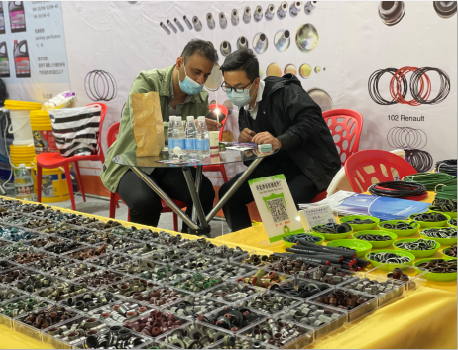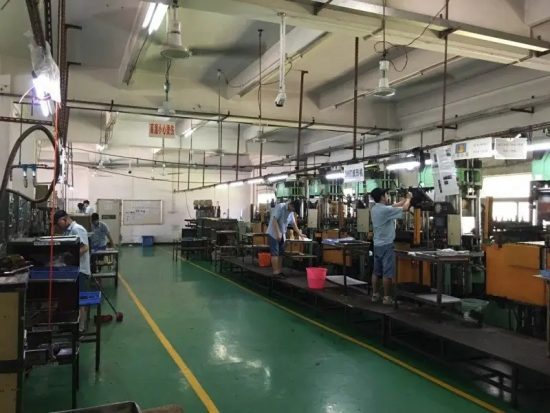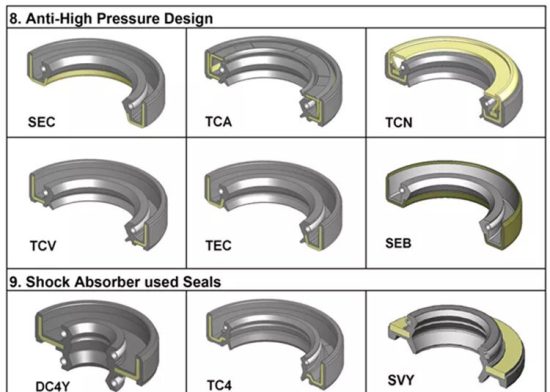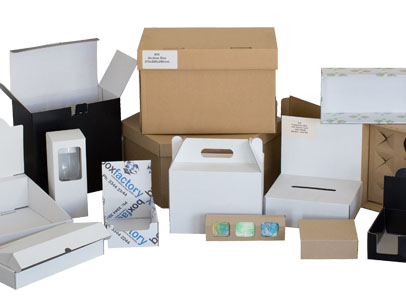Rubber seals offer a range of benefits in various applications due to their unique properties and characteristics. Some of the key advantages of rubber seals include:
- Effective Sealing: Rubber seals are excellent at creating a tight and reliable seal. They can conform to irregular surfaces and fill gaps, preventing the ingress of liquids, gases, dust, and other contaminants. This is crucial for maintaining the integrity of systems and preventing leaks.
- Durable: Rubber seals are highly durable and resistant to wear, tear, and weathering. They can withstand exposure to a wide range of environmental conditions, including temperature variations, moisture, and UV radiation.
- Chemical Resistance: Depending on the type of rubber used, these seals can offer excellent resistance to various chemicals, oils, and solvents. This makes them suitable for applications in which exposure to corrosive substances is a concern.
- Flexibility and Resilience: Rubber has a high degree of flexibility and elasticity, which allows it to withstand mechanical stress, pressure, and movement without losing its sealing capabilities. It can return to its original shape after being deformed.
- Insulation: Rubber seals can provide effective electrical and thermal insulation. This property is especially important in applications where the prevention of heat transfer or electrical conductivity is crucial.
- Vibration and Shock Absorption: Rubber seals can absorb and dampen vibrations and shocks, making them useful in applications where mechanical stability and reduced noise are essential.
- Easy Installation: Rubber seals are typically easy to install. They can be cut, molded, or extruded into various shapes and sizes to fit specific applications. This adaptability simplifies the installation process.
- Cost-Effective: Rubber seals are often a cost-effective solution for sealing applications. Their long lifespan, resistance to wear and tear, and ability to prevent leaks and energy loss can lead to cost savings in the long run.
- Customization: Rubber seals can be customized to meet specific requirements, including size, shape, and material composition. This versatility allows them to be tailored to the needs of various industries and applications.
- Environmental Sealing: Rubber seals are commonly used in applications requiring environmental sealing, such as in automotive, construction, and HVAC systems, to maintain temperature control and protect against the elements.
- Reduced Maintenance: The durability and reliability of rubber seals often translate to reduced maintenance and replacement costs, as they can last a long time in demanding conditions.
- Health and Safety: In some applications, rubber seals can enhance health and safety by preventing the escape of hazardous materials or ensuring containment of critical fluids.
Overall, rubber seals are versatile components that find applications in various industries, including automotive, aerospace, construction, manufacturing, and more, where their sealing capabilities and other properties provide critical benefits.
Packaging methods for rubber seals vary depending on factors such as the type of seal, its size, shape, and intended use. Proper packaging is essential to protect the seals during storage and transportation, maintain their quality, and facilitate ease of use. Here are some common packaging methods for rubber seals:
- Individual Packaging:
- Plastic Bags: Smaller rubber seals are often individually packed in plastic bags. This helps protect them from moisture, dust, and contaminants. It also makes it easy to identify and handle each seal.
- Bulk Packaging:
- Boxes or Cartons: Larger quantities of rubber seals may be bulk-packaged in boxes or cartons. The seals are usually separated by dividers or layers of packaging material to prevent damage during transit.
- Reels: Some rubber seals, especially those used in continuous processes or manufacturing, may be wound onto reels. This method is common for O-rings and gaskets.
- Reel Packaging:
- Tape and Reel: In electronic and small component applications, rubber seals can be packaged on reels, similar to how electronic components are packaged. This facilitates automated assembly processes.
- Tubes and Containers:
- Plastic Tubes: Seals can be packed in plastic tubes with caps, providing a secure and organized way to store and transport them.
- Jars or Canisters: Rubber seals can be placed in jars or canisters, which are sealed to prevent contamination and maintain seal quality.
- Bagged and Tagged:
- Some rubber seals come with identification tags, barcodes, or labels that specify the seal’s type, dimensions, and other relevant information. They are often packed in plastic bags along with these tags.
- Custom Packaging:
- Depending on the specific application and customer requirements, rubber seals may be packaged in custom-designed packaging solutions. This could include blister packs, clamshell packaging, or custom-printed packaging materials.
- Vacuum Sealed: In some cases, particularly for sensitive applications or when longer shelf life is needed, rubber seals may be vacuum-sealed in plastic to prevent air and moisture from affecting their properties.
- Specialty Packaging:
- Some industries, such as the medical or aerospace sectors, have stringent packaging requirements to ensure cleanliness and traceability. Seals in these industries may be packaged in cleanrooms or sterile environments and sealed in specialized packaging.
- Bulk Bags or Totes: For larger industrial seals, bulk bags or totes may be used for shipping and storage. These are designed to handle heavy loads and are often reusable.
- Special Coating: Certain rubber seals, like those used in the food industry, may have special coatings or films applied to them before packaging to ensure they meet specific cleanliness and safety standards.
It’s important to consider the specific needs of your application and the type of rubber seal when choosing a packaging method. Proper packaging not only protects the seals but also contributes to efficient handling and storage. Additionally, compliance with industry standards and cleanliness requirements is crucial in some sectors, such as pharmaceuticals and food processing.
Rubber seals offer numerous advantages across a wide range of applications due to their unique properties and characteristics. Some of the key advantages of rubber seals include:
- Effective Sealing: Rubber seals are highly effective at creating a tight and reliable seal. They can conform to irregular surfaces and fill gaps, preventing the ingress of liquids, gases, dust, and other contaminants. This is crucial for maintaining the integrity of systems and preventing leaks.
- Durable: Rubber seals are known for their durability and resistance to wear and tear. They can withstand exposure to a variety of environmental conditions, including temperature variations, moisture, and UV radiation.
- Chemical Resistance: Depending on the type of rubber used (such as nitrile, neoprene, or Viton), these seals can offer excellent resistance to various chemicals, oils, and solvents. This makes them suitable for applications where exposure to corrosive substances is a concern.
- Flexibility and Resilience: Rubber has a high degree of flexibility and elasticity, allowing it to withstand mechanical stress, pressure, and movement without losing its sealing capabilities. It can return to its original shape after being deformed.
- Insulation: Rubber seals can provide effective electrical and thermal insulation. This property is especially important in applications where the prevention of heat transfer or electrical conductivity is crucial.
- Vibration and Shock Absorption: Rubber seals can absorb and dampen vibrations and shocks, making them useful in applications where mechanical stability and reduced noise are essential.
- Easy Installation: Rubber seals are typically easy to install. They can be cut, molded, or extruded into various shapes and sizes to fit specific applications. This adaptability simplifies the installation process.
- Cost-Effective: Rubber seals are often a cost-effective solution for sealing applications. Their long lifespan, resistance to wear and tear, and ability to prevent leaks and energy loss can lead to cost savings in the long run.
- Customization: Rubber seals can be customized to meet specific requirements, including size, shape, and material composition. This versatility allows them to be tailored to the needs of various industries and applications.
- Environmental Sealing: Rubber seals are commonly used in applications requiring environmental sealing, such as in automotive, construction, and HVAC systems, to maintain temperature control and protect against the elements.
- Reduced Maintenance: The durability and reliability of rubber seals often translate to reduced maintenance and replacement costs, as they can last a long time in demanding conditions.
- Health and Safety: In some applications, rubber seals can enhance health and safety by preventing the escape of hazardous materials or ensuring containment of critical fluids.
- Non-Marking and Non-Staining: Rubber seals often do not leave marks or stains on surfaces, making them suitable for applications where appearance or cleanliness is a concern.
Overall, rubber seals are versatile components that find applications in various industries, including automotive, aerospace, construction, manufacturing, and more, where their sealing capabilities and other properties provide critical benefits.















